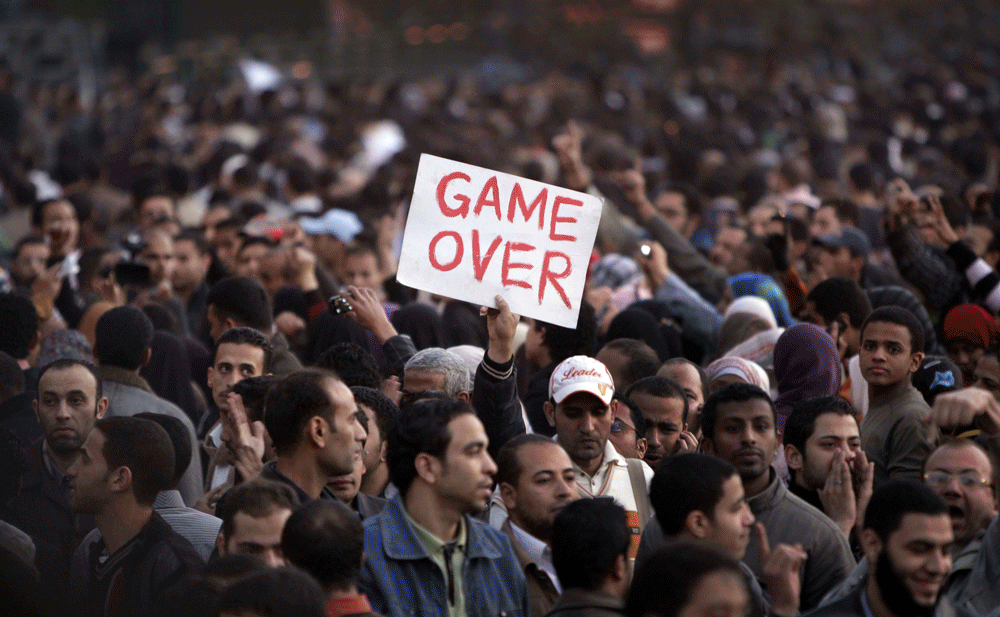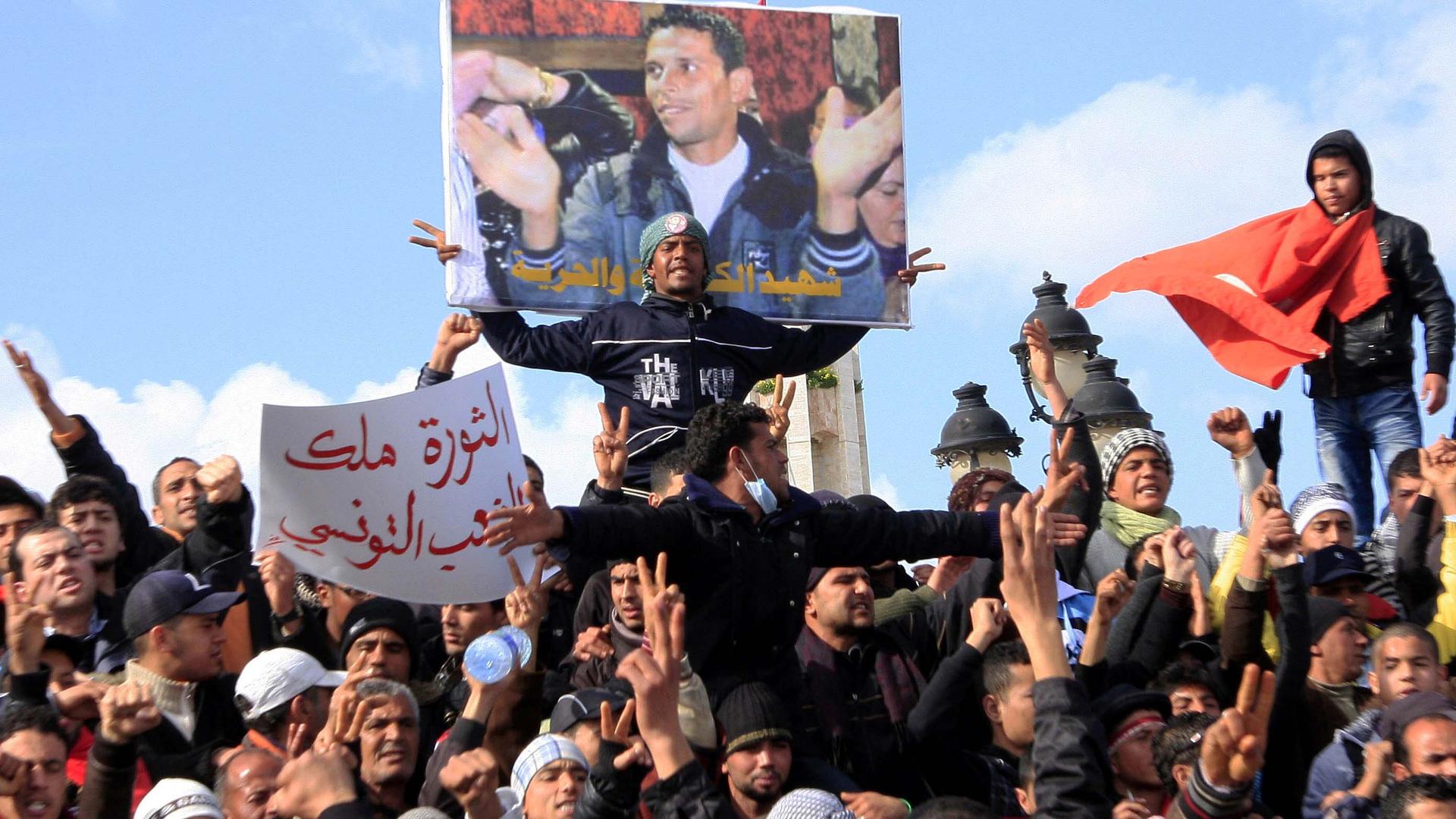Mohamed Bouazizi
Looking back at a historic time in the Middle East and North Africa
Dec. 17 is a historic day on the minds of many people in Tunisia, elsewhere in North Africa and the Middle East — and around the world. That’s because exactly 10 years ago, a single event in Tunisia triggered a series of revolutions across the region.
Graphic Video of Tortured 13-year-old Galvanizes Syrian Protestors
The Tunisian revolt was inspired by Mohamed Bouazizi, a 26-year-old fruit vendor who set himself on fire after police officers confiscated his cart. In Egypt, the revolution was kindled by the beating death of Khaled Said, an ordinary Alexandrian. Now, Syrian protesters may have found a martyr to unite under: 13-year-old Syrian boy Hamzah Al-Khatib. […]


